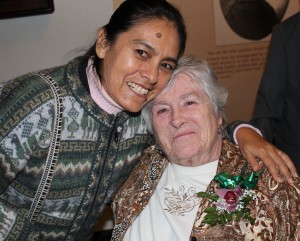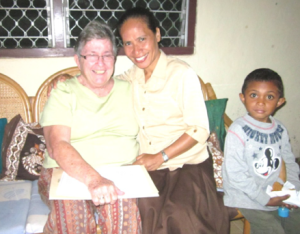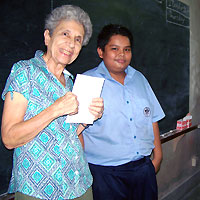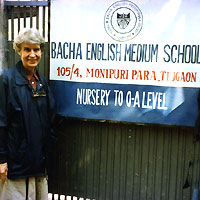By Kathleen Reiley
Just wanted to let you know that so many people are still suffering in the aftermath of the March 11, 2011 triple disaster in the northeastern portion of Japan. Especially the ongoing radiation problem from the nuclear accident is causing hardship to the people.
Yesterday I met a woman in her 50‘s whose family lived only a few miles from the reactor. They had just finished building a new house when the nuclear accident occurred. They still have to repay their loan but, of course, can never live in their house again. The woman‘s husband was the president of a con-struction company and they lost everything because of the disaster. They evacuated to Yokohama, but because they are in their 50‘s it is very hard to find another job. Both had normal health before the disas-ter but suddenly she developed very high blood pressure and her husband is so depressed he never leaves their apartment. She told me that the older people get some kind of welfare assistance to live on and the younger people can find work but the ones in their middle age are caught in the middle.
All kinds of physical ailments have increased in Fukushima prefecture including thyroid cancer, glaucoma. The clean-up at the reactor is very complicated because of the excessive amount of contami-nated water that keeps accumulating. They store it in tanks but they are running out of storage containers so some of it has been released into the sea.
The contaminated soil is to be stored ‗temporarily‘ in some of the nearby towns. What can be done with the nuclear waste is still unknown. No permanent solution has yet been found.

In Tokyo life goes on as though there never was a tsunami or nuclear accident and so much money and energy is being poured into preparations for the 2020 ―Olympics.‖
On the positive side, in Kamakura where I live, the Buddhist, Shinto and Christian leaders have held a joint prayer every year on March 11 -alternating the place: shrine, temple, or church. Literally hundreds of people attend to pray for those who have died and for the well-being of the survivors.
This has helped us to deepen our under-standing of each other and look for ways to co-operate with each other in reaching out to the people in Tohoku (North–Eastern Japan).
PLEASE CONTINUE TO PRAY FOR JAPAN.

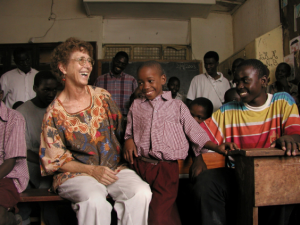
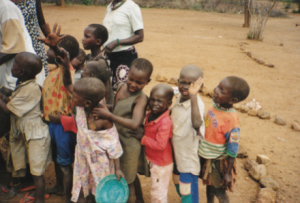 Our new mission in the very southeast corner of the South Sudan had just started a school where there had never been one for over 100 miles. The idea of going to school for little kids who were accustomed to running wild and free, chasing the sheep and goats, was entirely foreign to them. However, when they heard that if they went to this new thing the missioners had started they’d get 3 meals a day, that quickly changed things! Every morning I was delighted to see the little kindergarteners racing down the road, clutching their plastic plates close to their bodies. They couldn’t wait to get to school! That was MOTIVATION!
Our new mission in the very southeast corner of the South Sudan had just started a school where there had never been one for over 100 miles. The idea of going to school for little kids who were accustomed to running wild and free, chasing the sheep and goats, was entirely foreign to them. However, when they heard that if they went to this new thing the missioners had started they’d get 3 meals a day, that quickly changed things! Every morning I was delighted to see the little kindergarteners racing down the road, clutching their plastic plates close to their bodies. They couldn’t wait to get to school! That was MOTIVATION!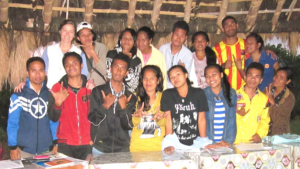 by Julia Shideler
by Julia Shideler